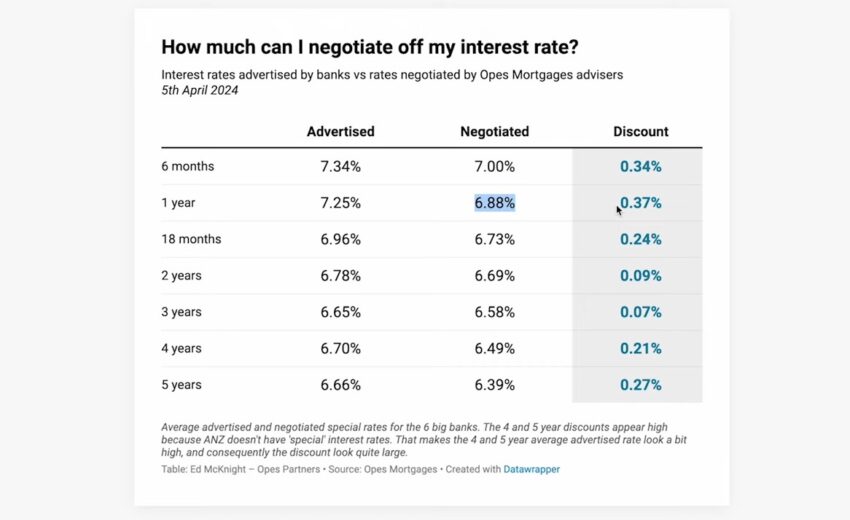The US housing market is complex for potential homebuyers and sellers alike. After years of unprecedented fluctuations driven by the pandemic, economic shifts, and changing demographics, understanding the current and upcoming market trends is more crucial than ever.
The market is a critical component of the national economy and is influenced by a plethora of factors. For individuals who are interested in making some steps in the market, learning about what to expect this year is a must. That is why we will talk about the current trends in greater detail.
Key Housing Market Predictions

Let us check the housing market predictions first.
Home Prices
Home prices in the US are expected to be a tale of regional divergence, influenced by a mix of economic factors, supply and demand dynamics, and demographic shifts.
Learning all there is to know about the market sometimes requires the assistance of a professional. For example, real estate agents can be of help. Even watching reality shows like Buying Beverly Hills can provide you with basic knowledge.
One of the stars of the show, Farrah Aldjufrie, whose property, according to Nuwber, is located in Beverly Hills, California, is an experienced real estate agent from whom many people can learn.
While the past years have seen a significant price surge, experts predict a more nuanced picture moving forward. Certain regions may continue to experience price increases due to limited inventory and high demand, particularly in areas with strong job growth and migration patterns favoring suburban and mid-sized cities.
Other regions might see stabilization or modest increases in home prices as the market adjusts to a new equilibrium. The consensus among economists is that the era of double-digit price growth is likely behind us, with more sustainable single-digit increases on the horizon.
This shift is partly due to the anticipated adjustment in mortgage rates and a gradual increase in housing inventory. Buyers should approach the market with a strategic mindset, considering long-term value and location desirability.
Sellers, on the other hand, may need to recalibrate their expectations and pricing strategies to align with the evolving market dynamics.
Mortgage Rates

Mortgage costs are an important element that influences the affordability and accessibility of housing for many Americans. The outlook suggests a potential for decreased loan costs compared to the peaks located in recent years, presenting a glimmer of desire for potential homebuyers.
Economic guidelines, inflation rates, and Federal Reserve moves will play pivotal roles in shaping the trajectory of mortgage costs during the year. For capacity customers, this environment underscores the significance of economic making plans and marketplace research.
For instance, it is predicted that the mortgage rates will drop to a range between 4% and 5%. Locking in fees at the proper time could notably affect the overall fee of a mortgage over its lifespan. Buyers ought to stay informed about economic developments and do not forget to consult with monetary advisors to navigate the timing of their domestic purchases.
Sellers, too, ought to apprehend how loan prices affect buyer affordability and, therefore, the demand for homes.
Housing Inventory
The supply of available houses has been a persistent venture within the US housing market, contributing to the speedy rate escalation witnessed in current years.
The stock ranges are predicted to stay a critical problem, even though slight upgrades may be on the horizon. The creation of new houses, especially in underserved market segments which includes entry-level housing, is essential for assuaging a number of the supply constraints.
The pace of recent construction is motivated by using different factors such as land availability, production costs, and regulatory hurdles. The “lock-in effect” in which homeowners are reluctant to sell due to low mortgage fees acquired in preceding years, continues to restrict the delivery of existing houses available on the market.
Addressing the inventory project will require concerted efforts from policymakers, developers, and real estate enterprises to locate innovative answers that could improve the housing supply and marketplace dynamics.
Factors Influencing the Housing Market

Now let us take a look at the factors that influence the housing market.
Economic Indicators
The broader economic landscape plays a fundamental role in shaping the housing market. Inflation, employment fees, and GDP immediately impact patron purchasing energy and self-assurance, which in turn affects the housing demand.
The US economic system faces a complicated set of demanding situations and opportunities. Inflation remains a concern, with its potential to erode real earnings and growth in the price of residing, including housing. However, a sturdy process market and salary boom can offset a number of these pressures, making housing affordable for many Americans.
Demographic Trends
Demographic shifts have a profound effect on the US housing market. Millennials, now in their prime homebuying years, keep to power call, especially for first-time domestic purchases.
This generation’s choices, together with the desire for greater space and suburban dwellings, have reshaped market dynamics in recent years. Additionally, Gen Z is starting to enter the housing marketplace, bringing new demands and expectations.
Migration traits, multiplied through the pandemic, have also influenced the housing marketplace. The shift closer to far-off paintings has allowed many Americans to relocate to areas with lower living expenses and a better fine of existence, boosting demand in positive regions whilst cooling it in others.
Being aware of those demographic traits is crucial for each buyer and seller, as they shape the demand for exceptional types of housing and influence regional market dynamics.
Technological Advancements
Technology continues to transform the actual real estate enterprise, impacting how houses are offered and advertised. Online platforms, virtual tours, and virtual transactions have emerged as increasingly usual, imparting convenience and performance for each consumer and dealer.
We can count on similar innovations in prop-tech (property era) to streamline the homebuying procedure, from mortgage packages to remaining procedures.
Final Reflections

Going through the US housing marketplace would require nuanced information on the different factors at play, which include financial indicators, demographic developments, and nearby dynamics. For customers, the key to fulfillment lies in thorough training, monetary savvy, and flexibility.
Sellers, on the other hand, will need to recognize competitive pricing, effective marketing, and flexibility to convert marketplace conditions. Despite the demanding situations, possibilities abound for folks who method the market with knowledgeable techniques and practical expectations.
I am Aleksandra Kontic, a content creator and writer for wikibiography.in, a website renowned for its engaging content. My academic background includes studying English language and literature at the Faculty of Philosophy in Novi Sad, where I honed my writing skills and analytical abilities. This educational journey laid the groundwork for my career in content creation.

